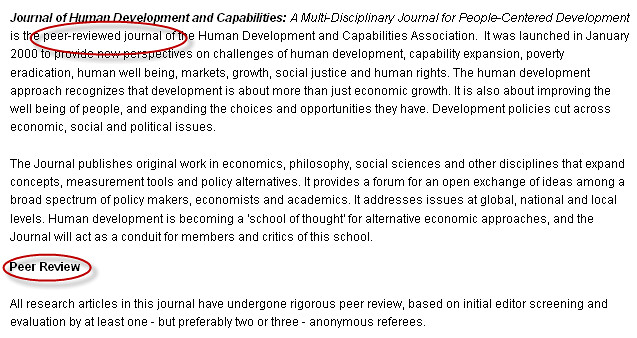Look at the following 3 articles. What kinds of articles are they? Are they popular? Are they scholarly/academic/peer reviewed? Who or what company published them?
What about the authors? Are they reliable or good sources? Why or why not?
If you were going to consider using these articles for a research paper in this class, what do you like or not like about the article? Why might you use them or not use them? What makes an article good? or reliable?
Consider these different articles that analyze the Shining:
Consider the previous questions we asked for the last activity. Also consider things like level of vocabulary, depth/type of analysis, time it took to write the article, the author's credentials, article length, if there exists a bibliography/works cited section.
Also consider, "how might I use these articles to help me find other information or related sources?"
These are all "popular" sources. Would these still be okay to use in a paper for this class? Why or why not? Are they okay to use even if they don't talk about Stephen King or "The Shining"? How might we use these for our research or our paper?
What about these newspaper articles? Can we use those in a research paper? Why, or why not? How might we use them?
Consider the following when it comes to what type of source you need for a particular assignment or task. You don't always need scholarly articles, but sometimes you do!
Popular (also called non-scholarly) sources inform and entertain the public or allow practitioners to share industry, practice, and production information Examples: Newspapers, magazines, trade journals, popular books.
Reasons to use:
Freely available, easy to read and understand.
Diverse perspectives can be found in popular sources (not just academic perspectives).
Great for general information and contemporary topics.
Scholarly (also called academic) sources disseminate research and academic discussion among professionals within disciplines; they are intended for university-level study and research, and are preferred when writing university-level essays. Examples: Scholarly Journals and books.
Reasons to use:
High quality information that has been peer reviewed.
Lengthy bibliographies of scholarly sources.
Written by academic scholars
In-depth research projects that involve complex academic thought, formal organization/structure and complex language/jargon.
Adapted from the CQ University Library.

Consider the type of information a particular type of source is likely to have. For instance, if dealing with a very recent issue, newspapers or periodicals might be your best bet, as it can take a long time for the scholarly review process (typically).
And, here note the Examples, as well as the Criteria for types of sources.
What is Peer-Review?
What is the Peer-Review Process?

What are some criteria that are considered during the peer review process?

Are there different types of Peer-Review?

How do you figure out if something is peer-reviewed?
One of the best places to find out if a journal is peer-reviewed is to go to the journal website.
Most publishers have a website for a journal that tells you about the journal, how authors can submit an article, and what the process is for getting published.
If you find the journal website, look for the link that says information for authors, instructions for authors, submitting an article or something similar.

Using PRIMO to identify peer-reviewed sources.
You can also use PRIMO to specifically search for peer-reviewed sources:


Still not completely sure how to identify whether or not a source is "Scholarly" or "Popular?"
Try this tutorial here